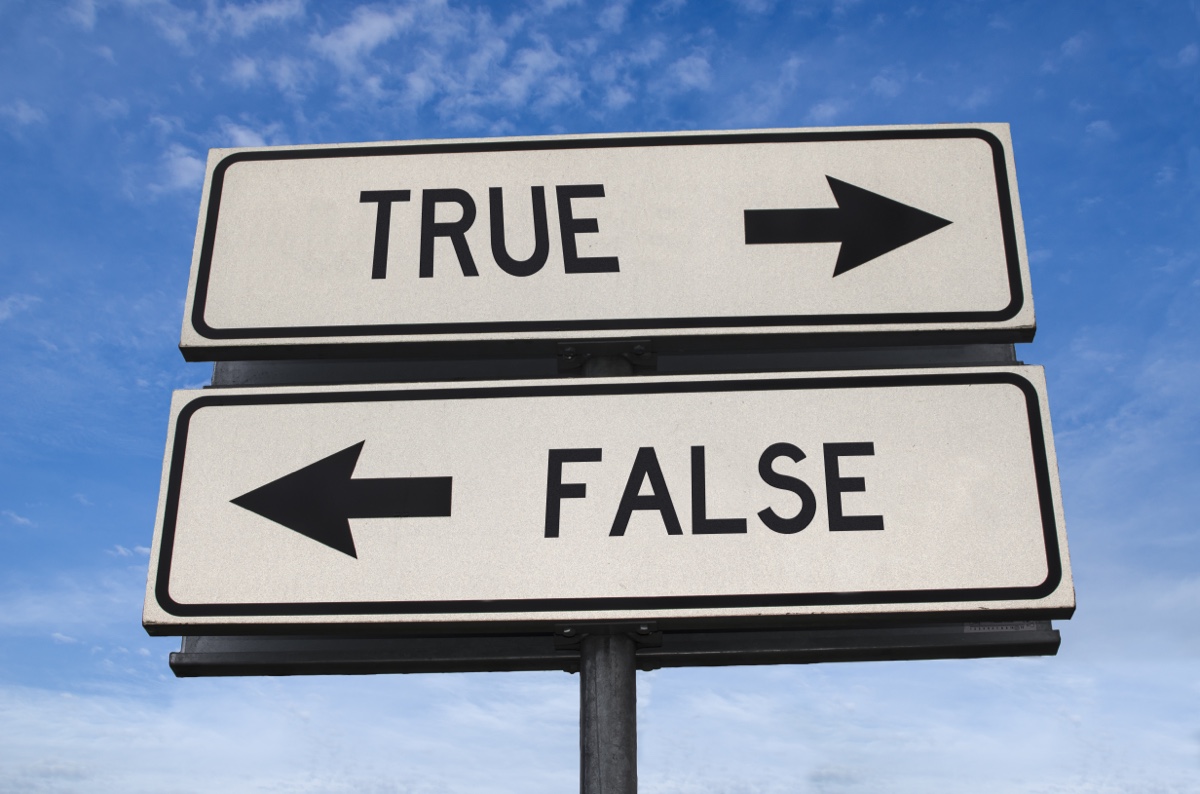
By Bobby Graham
Can you expound on 1 Kings 22:13-28, especially verses 19-21? How do I reconcile verse 19 (all the host of heaven being there with the Lord) and a spirit coming forth (from that host, I presume) saying they will entice Ahab with lies? I know a righteous, kind and just God wouldn’t purposely trip someone up when He wants none of us to perish. Or was this just a test?
Our questioner poses a question about which many have probably wondered. God is just, kind, and righteous (such qualities being assumed here for lack of space, as most readers are already aware of such character in God). Why would He resort to such a tactic? How can we reconcile this deception with God’s righteous character?
I believe that this matter becomes clear when we consider the attitude of King Ahab in rejecting the will of God.
As background, recall that Ahab has already turned from Jehovah to Baal, and he has already relied upon the false prophets of Baal.
In 1 Kings 22:8, Ahab has already manifested an attitude of rejection toward Micaiah, whom he said he hated because of his negative prophecies toward the king.
The king’s messenger, sent to bring Micaiah after Ahab reluctantly agreed to use him, tried to “whip Micaiah into line” on the way back to see the king (v. 13). Such conduct by the messenger no doubt was approved, and possibly even desired, by the king. Ahab wanted Micaiah to speak as the other prophets had already spoken). It was then that Micaiah affirmed his intention to speak only what the Lord gave him to speak (v. 14).
The king was so shocked by Micaiah’s prophecy telling him to go up and succeed in the battle against Ramoth-gilead, that he even lied in demanding that the prophet tell the truth, because it was not truth that he wanted to hear! Then Micaiah fully revealed what would happen to the nation after the king was no more, because Jehovah again revealed this part of the message “on the spot” (vv. 15-17).
Only after King Ahab had repeatedly demonstrated his preference for a lie over the truth did Jehovah cater to his desire. God used a lying spirit in a false prophet to entice the king. Why? The king did not want to hear the truth, but a lie. God gave him what he wanted to hear. God uses a strong delusion (working of error) with people who do not love the truth, but have pleasure in unrighteousness (2 Thess. 2:1-12). It might also be clearer if we stress that Paul said the power, signs, and lying wonders, involving all deceit of unrighteousness, are characterized as the working of Satan (2 Thess. 2:9-10). God allows Satan to work evil, as in the life of Ahab. Because God allowed it, He is said to have done it, but only in recognition and reaction to their rebellion:
For this reason God will send upon them a deluding influence so that they will believe what is false, in order that they all may be judged who did not believe the truth, but took pleasure in wickedness (2 Thess. 2:11–12).
God has acted in this way at other times, helping us to gain a fuller picture of these matters. He allowed the magicians of Egypt and the plagues upon Egypt to harden Pharaoh’s heart against the appeals of Moses. He permitted Satan to enter into Judas and prepare him as a vessel for a sinful work. However, we must remember that such persuasion as seen in these three persons—Ahab, Pharaoh, and Judas—was moral, not irresistible. After Satan had completed his work in them, the three human agents used by him in the work of sin were nothing that they had not already purposed to be before Satan began his work. Satan—and God, to the extent that He allowed such to happen—never violated the moral nature of God’s moral creatures. If you will remember that the same sun which hardens the clay also softens the wax, you will learn that God’s beneficial influences are designed to bring all to repentance (Rom. 2:4); but hardened and impenitent hearts resist such influences and react more positively to the evil influences of the Wicked One. Such was the heart of King Ahab, who set his heart as stone against Micaiah.


